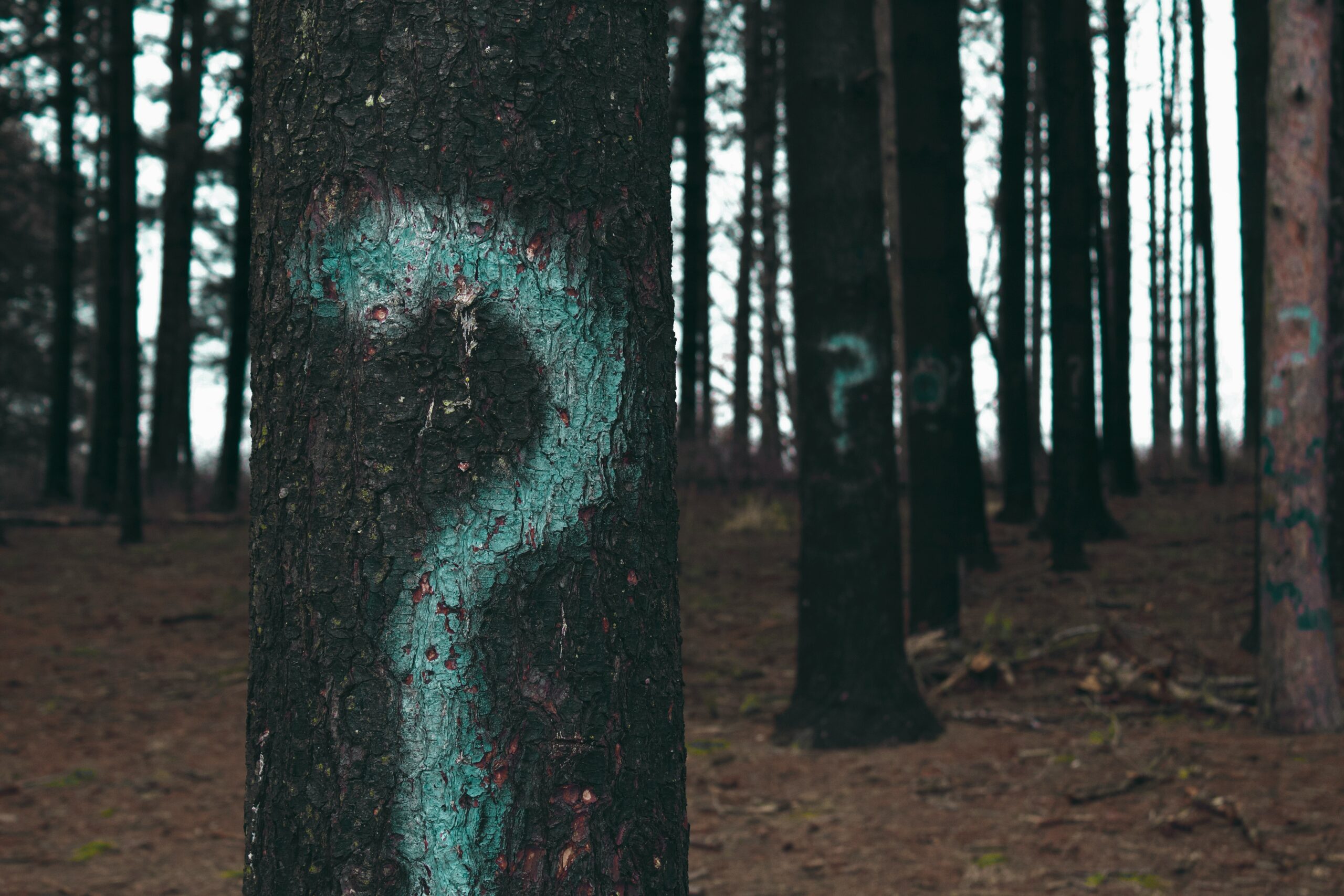In the second episode of the wonderful 2000 Dutch documentary series Of Beauty and Consolation, which features 26 interviews with 26 of the world’s leading turn-of-the-century scholars, authors, artists, and intellectuals, the late Roger Scruton makes an insightful diagnosis of what is likely to be one of the great human conundrums of the twenty-first century: while we have more information as a society as well as more access to more information than ever, our understanding of the world and ourselves, at least as a society and human collective, has less conceptual coherence than at any other time in human history. The result is a deficient collective and individual ability to make sense of the increasing complexity of the world.
It is a strange paradox, but one that probably holds true to experience for most people as a phenomenon observable either in themselves or in others. The lack of coherence, moreover, could be said to exist in proportion to the abundance of information at our fingertips in the many print and digital media that we have the privilege of using (and abusing) as consumers of information in the Western world. In our era, knowledge and wisdom have never seemed more inversely proportional; Roger Scruton, with all his searching wisdom about human nature, was more correct than he could have known in this 2000 documentary. (And because he died only recently, he likely lived to see a fuller flowering of the assessments that he had made only some years earlier.)
What are the reasons for this peculiar paradox? Among the many plausible reasons—and there are many because this is a complex problem based on a sweeping but compelling assertion—I would include that of education. Living in an era afflicted by this peculiar paradox of abundance and scarcity, we also have to deal with the burden of bringing up children in a school system that utterly fails to provide them with a philosophical education, failing in the process to prepare them to face some of the challenges of a world inundated by information but devoid of any obvious, readily available ways of organizing it and deriving from it a personal form of meaning. And what is the human condition without meaning, whether it be inherent or created, religious or artistic? On the contrary, the educational system, at least in America through the secondary level, does nothing but increase the effect of the glut of information.
Children are given plenty of ideas, filled like finely separated molds on a concrete sidewalk, made to pass quizzes and exams, compelled to learn about the world—and yet confusion reigns, even after a decade or more of so-called education. And that’s too much time to spend only to end up confused, manipulable, in one of the many stages of arrested development without the necessary intellectual tools, which could have been not only provided but adapted to a given level of education if philosophy had at any point been integrated into a school-age curriculum.
In response to this assertion, it would certainly be reasonable to say that including philosophy in a school-age curriculum would not do away with the rampant problems of our modern information overload. Philosophy is not a panacea. That is correct, and although I agree, I also think that the tools and ideas, approaches and heuristics provided by philosophy—itself comprising the world’s greatest thinkers, who have dealt with the same problems since time immemorial—would give more students a fighting chance to handle the problem of getting meaning from their existence. Among a host of less-than-stellar solutions to the problem of rampant confusion, philosophy might be slightly more useful for a greater number of students. At the very least, it would demonstrate how others before them have derived that meaning, and derived it with more success and resolution than they could ever hope to achieve by themselves.
With that said, students still have to put into practice all the information provided in a given educational setting in order to achieve for themselves whatever meaning or wisdom can be thereby extracted. Tools can be provided, but not the solutions themselves. On that note, it is my reasoned but non-professional opinion (let that be understood ad nauseam) that this paradox of more knowledge and less wisdom stems from human nature itself, which is never alterable. That is another point in favor of the non-philosophy crowd: it is certainly possible that no actual solution exists and that even the practical application of philosophy as a tool, tempered for the primary and secondary levels, would fall on deaf ears.
Human nature, the terrible taskmaster of our lives, the determinant of our fates, establishes both the outcomes of the species and those of the individual. And it is a combination of these two natures, collective and individual, that determines for us the success or failure in the application of tools provided impersonally in an educational setting. Nothing can change that harsh reality, and solutions applied to society as a whole in this matter are doomed to failure. People cannot be helped who are not willing or able to be helped; many are, for better or worse, doomed to confusion.
It is my conviction, as a result, that we can do nothing as a society to eliminate the paradox mentioned by the late Roger Scruton, who probably understood far better than I the nature of human nature. We have power over ourselves as individuals and maybe a limited power to affect those within our circle of friends, peers, and family members. Perhaps as a society we can implement strategies such as that of introducing philosophy to school-aged children in order to alleviate the problem, even if those strategies are incomplete and inadequate. But the actual ability of the human race to handle and resolve the unique challenges of our time entirely depends on the nature of the human race itself—as well as every one of its members as individuals. And on the whole, for anyone with an awareness of the nature of human nature, be it individual or collective, that should not be a heartening conclusion.





